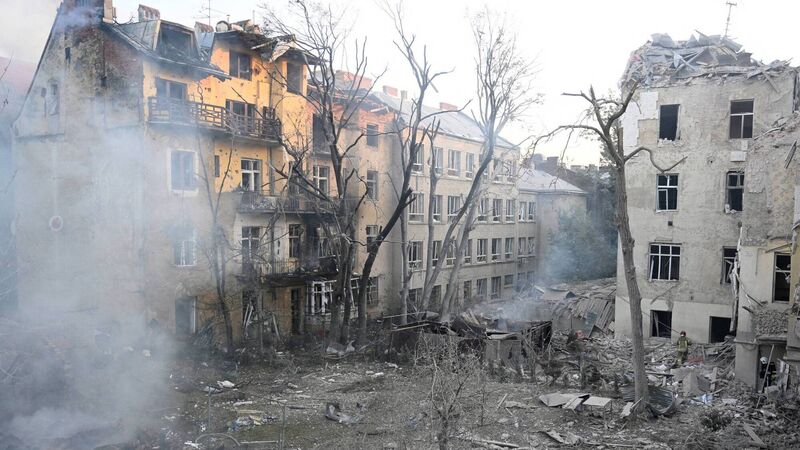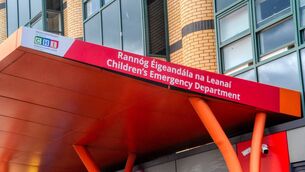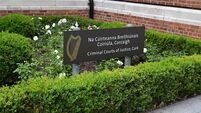Emma Lane-Spollen: Ireland is at a crossroads as the Ukraine war rages on

Damaged residential buildings following a missile attack in Lviv, Ukraine. Picture: Yuriy Dyachshyn/AFP via Getty Images
“May you live in extraordinary times.”
It’s only now that I truly understand this old Chinese curse.
















